Search Results
Showing results 1 to 10 of 10
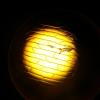
Animal & Plant Cell Slides
Source Institutions
In this activity, learners make slides of onion cells and their own cheek cells. Use this lab to teach learners how to prepare microscope slides and use a microscope.
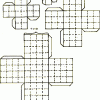
Modeling Limits to Cell Size
Source Institutions
This investigation provides learners with a hands-on activity that simulates the changing relationship of surface areas-to-volume for a growing cell.
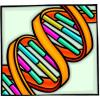
Chromosome Shuffle
Source Institutions
Role-playing the parts of chromosomes and centrioles, learners use large chromosome models and nylon cords (spindle fibers and cell membranes) to walk through the processes of mitosis and meiosis.
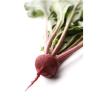
Membrane Permeability with Beets
Source Institutions
In this lab exercise, learners explore diffusion, cell membranes and particle size using beets and three alcohols.
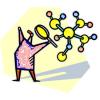
DNA Detective
Source Institutions
This activity is about collecting and analyzing DNA as part of a criminal investigation.
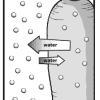
Bend a Carrot
Source Institutions
In this activity, learners investigate the process of osmosis by adding salt to a sealed bag of raw carrots and comparing it to a control.
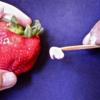
A Simply Fruity DNA Extraction
Source Institutions
In this activity, learners extract DNA from a strawberry and discover that DNA is in the food they eat.
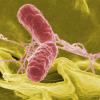
"Build a Bacterium" Scavenger Hunt
Source Institutions
Working in small groups, learners receive a written scenario regarding a bacterium with a certain goal it must carry out.
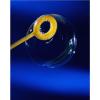
Using Bubbles to Explore Membranes
Source Institutions
In this activity, learners use bubbles to investigate the structure and unique properties of cell membranes. Bubbles serve as macroscopic models that mimic the cells' phospholipid bilayers.
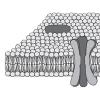
Build-A-Membrane
Source Institutions
In this activity, learners cut, fold, and paste paper representing biomolecules to create a three-dimensional cell membrane with embedded proteins.
